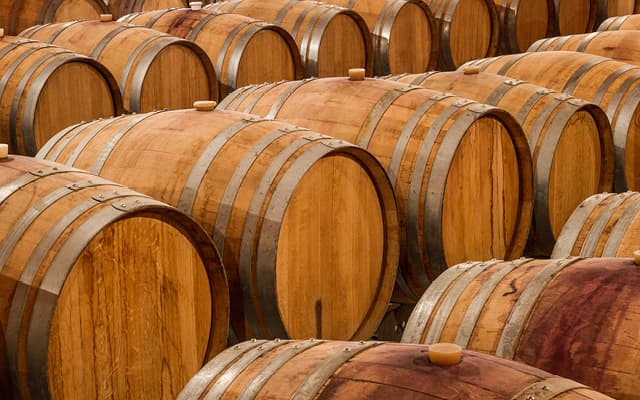TLDR: With President-elect Donald Trump’s planned 10% tariff on all imported goods, U.S. wine collectors may face higher prices on European imports, reigniting trade concerns and potentially straining international markets. Collectors can mitigate these costs by storing wine “in bond,” deferring import duties until the wine enters the U.S.—an ideal strategy for investment-grade wines requiring long aging.
10% Tariffs in 2025?
With President-elect Donald Trump set to become the 47th president of the United States in January 2025, the possibility of fresh import tariffs has wine and spirits collectors bracing for higher prices. A key component of Trump’s campaign was the promise to impose a minimum 10% tariff on all imported goods, including European wines and spirits.
During his campaign, Trump made tariffs a central part of his trade approach, raising concerns among international wine producers and distributors. If imposed, these tariffs would increase the cost of many European wines and spirits, potentially making them less attractive to U.S. collectors. The European wine and spirits market, already wary from past U.S. trade disputes, is particularly concerned about the return of tariffs, as unresolved issues from Trump’s first term— including disputes over Airbus subsidies, which could lead to tariff reinstatements in June 2026—could reignite, leading to further financial strain on both sides of the Atlantic.
While tariffs will invariably impact US collectors, they also offer a compelling reason for US collectors to reconsider what has been known to wine collectors around the world the centuries: buying wine and storing wine in bond.
A Strategy for Tariffs
Wines stored “in bond” are not subject to import duties until they enter the U.S., providing a strategic opportunity to delay import costs. By keeping investment-grade bottles in bonded storage, collectors could avoid paying tariffs altogether if these tariffs are eventually lifted. This approach is especially beneficial for investment-grade wines that require years—or even decades—of aging before they’re ready to drink.
While trade associations, such as the US Wine Trade Alliance and the UK’s Wine & Spirit Trade Association, push for free trade and minimal tariffs to keep consumer choice broad and prices stable, it remains unclear how Trump’s policies will play out in practice. For American collectors with a longer time horizon than the typical presidential cycle, bonded storage offers an effective strategy to ride out the short-term fluctuations in the international wine market.
For collectors looking to navigate the complexities of tariffs without compromising on quality or security, platforms like BlockCellar offer a streamlined solution.
At BlockCellar, your wine is stored in state-of-the-art bonded facilities like Octavian or London City Bond. These bonded warehouses are climate-controlled and monitored 24/7, ensuring that your valuable wine collection remains secure and retains its exquisite flavor and market value over time.
In addition, these facilities are equipped with backup power generators to maintain optimal storage conditions, even in the event of a power outage. To further safeguard your wines, all wines have comprehensive insurance coverage against breaks, leaks, and other potential damage. If something happens to your wine, the bottle is covered at full replacement value.




